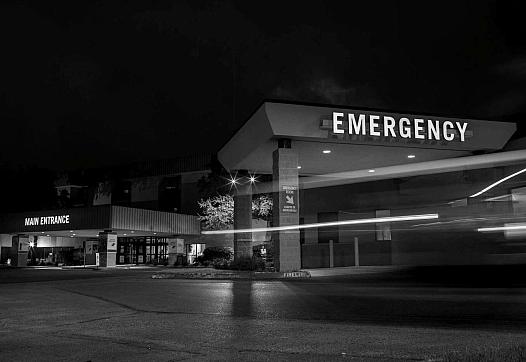
In the southern part of the city, options for hospitals, medical specialists and surgical centers are limited. Those in the industry say there’s little motivation to change that.

In the southern part of the city, options for hospitals, medical specialists and surgical centers are limited. Those in the industry say there’s little motivation to change that.
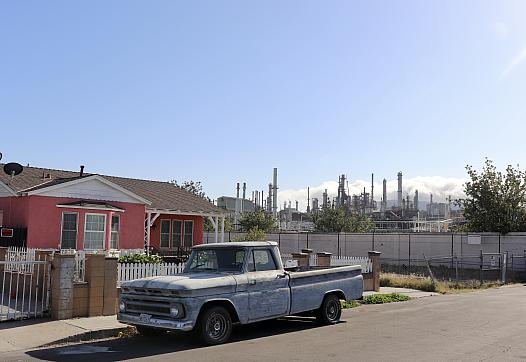
Deaths spiked in Wilmington during the pandemic — but a reporter finds it wasn't because of COVID as much as pollution-driven illnesses.
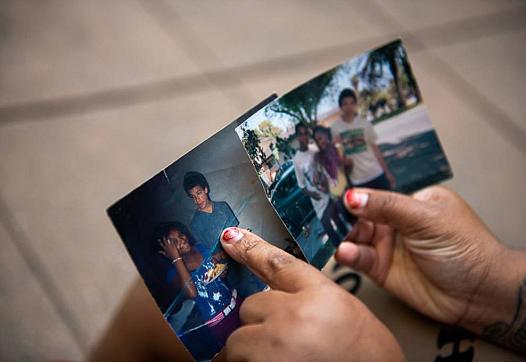
About 400 unhoused people stay at Hotel Whitcomb, and many deal with substance use disorders. That means staff who work at the hotel are fighting to keep guests alive.
This project is supported by a grant from USC Annenberg’s Center for Health Journalism 2022 California Impact Fund.
This project is supported by a grant from USC Annenberg’s Center for Health Journalism 2022 California Impact Fund.
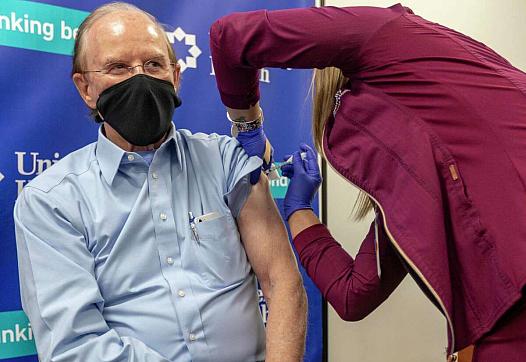
Bexar County will hire a county public health director and other core staff as part of an initiative to revamp health care in fast-growing outlying areas of the community, filling gaps in service that he said were revealed by the COVID-19 pandemic.
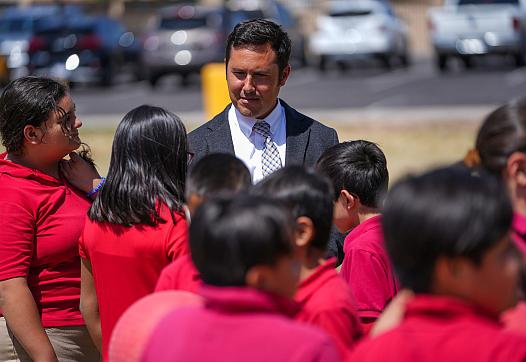
The achievement gap has long been a public education concern. Now the pandemic has widened it even more.
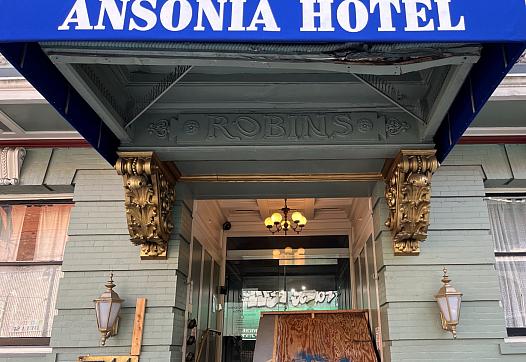
Amid plenty of praise for the nonprofit’s hard work, there‘s also a troubling allegation, an explosion under investigation, and inflated claims.
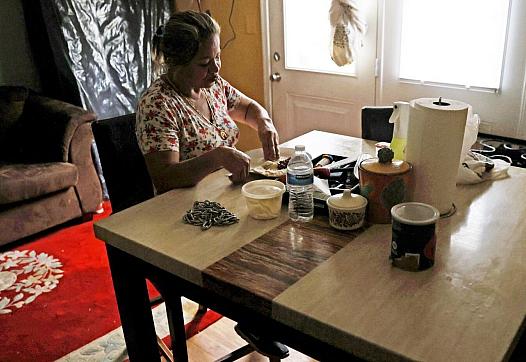
How policy decisions in Virginia led Latinos to being among the most likely to get infected, hospitalized and die in the first two years of the pandemic.
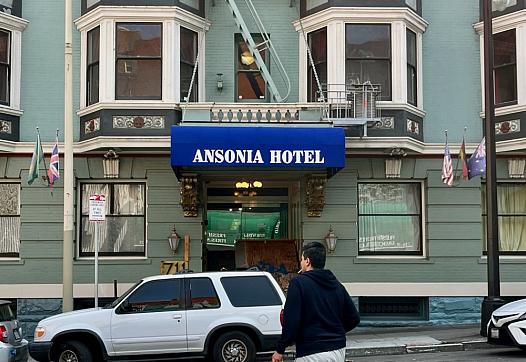
The homegrown nonprofit has risen fast in four years, from managing portable toilets to running hotels. Now it has national ambitions.